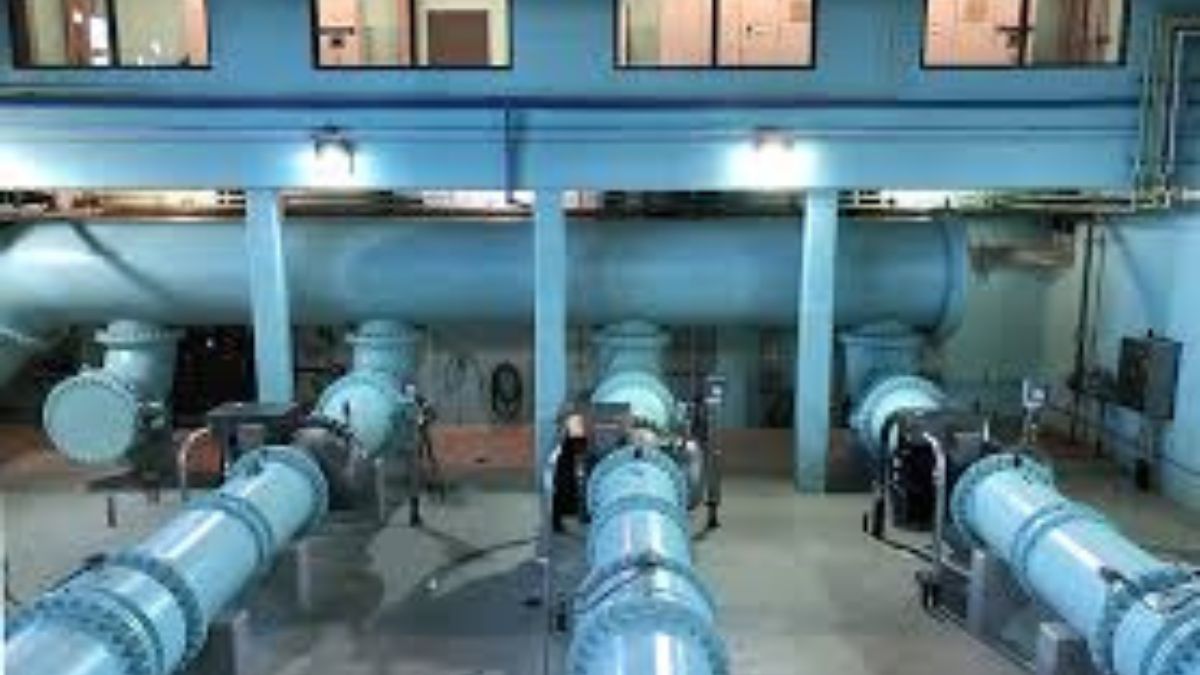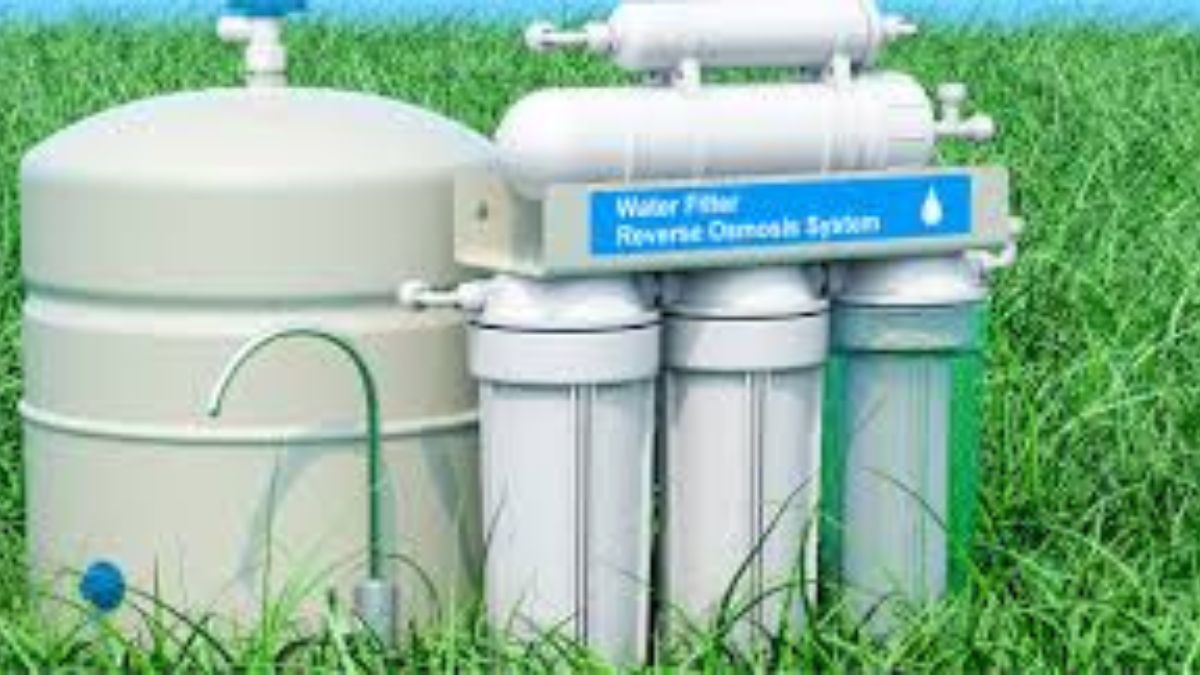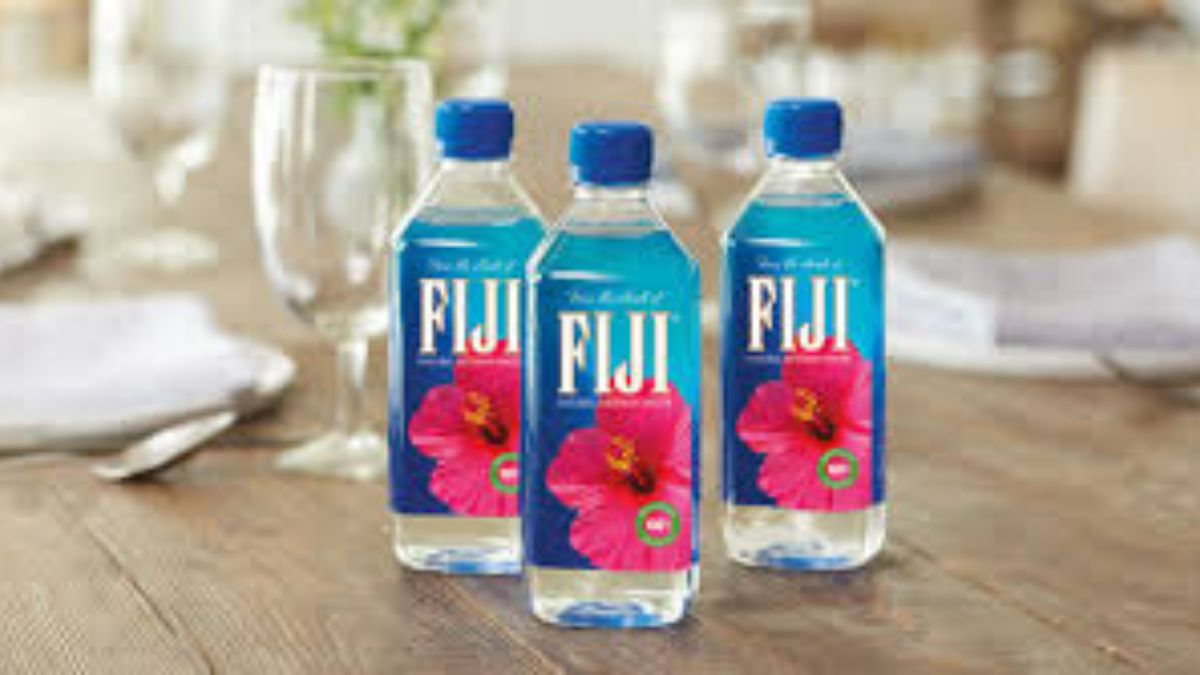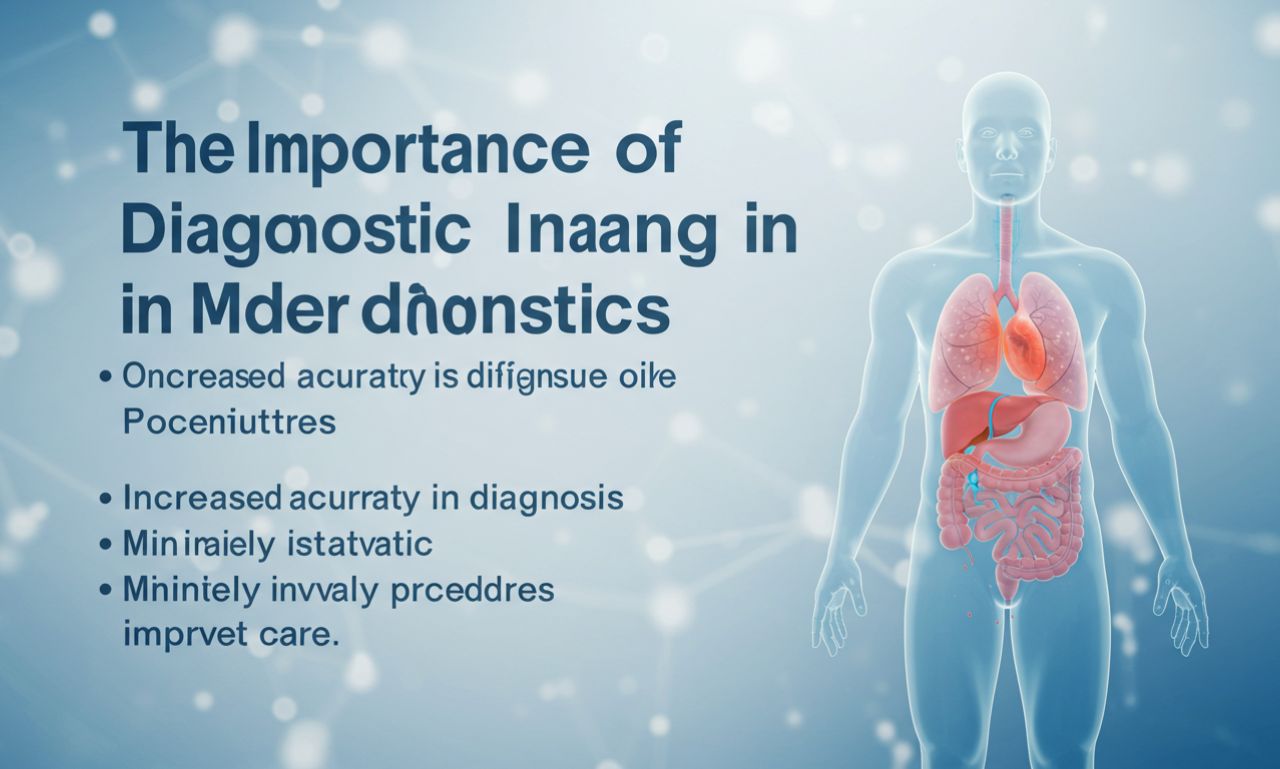Access to clean and safe water is essential for both human health and the longevity of households and businesses. Modern water treatment systems have transformed the way communities address water quality challenges, offering advanced solutions that surpass traditional approaches. Whether you are looking to protect your family’s health or extend the lifespan of your home’s appliances, understanding the advantages of up-to-date water purification is crucial. This is especially important for residents considering water treatment Hedgesville, WV, and similar services, as they aim to stay ahead of water quality issues.
From removing stubborn contaminants to integrating smart monitoring technology, today’s water treatment methods are more effective and efficient than ever before. These innovations also provide measurable benefits beyond health, such as improved sustainability and cost savings. As water quality regulations become stricter and awareness of harmful substances like PFAS grows, choosing the right system plays an even bigger role in safeguarding communities.
Enhanced Water Quality
One of the most significant advantages of modern water treatment systems is their superior ability to remove dangerous contaminants. Advanced filtration technologies, such as reverse osmosis, activated carbon, and UV light, effectively trap or neutralize substances like per- and polyfluoroalkyl substances (PFAS), heavy metals, and volatile organic compounds. These systems work much beyond basic sediment or chlorine filtration, addressing health threats that older processes often miss. According to a detailed analysis by the Environmental Working Group, state-of-the-art systems can reduce levels of toxic pollutants, thereby significantly improving the safety of municipal and residential water supplies.
Health Benefits
Improving water quality has a tangible effect on community health. Persistent exposure to substances such as lead, PFAS, or chlorine byproducts can contribute to a spectrum of health challenges, from developmental delays in children to heightened risks of cancer. According to the Centers for Disease Control and Prevention (CDC), maintaining clean, safe drinking water is vital to preventing waterborne diseases and protecting public health. Modern water treatment technologies swiftly address these risks by eliminating or reducing these contaminants to levels well within or below regulatory limits. By removing these potentially harmful agents from everyday use, treated water provides peace of mind, helping families avoid both short-term discomforts and long-term complications.
Protection of Appliances and Plumbing
Beyond health, hard water and untreated contaminants can wreak havoc on home infrastructure. Minerals like calcium and magnesium, commonly found in unfiltered water, can accumulate and harden into scale inside pipes, water heaters, and dishwashers. This buildup restricts flow, reduces heating efficiency, and leads to frequent breakdowns, which are costly to repair. By using modern water softeners and filtration solutions, homeowners can prevent these issues, thereby extending the life and improving the performance of essential household appliances.
Cost Savings
Investing in a modern water treatment system delivers strong financial benefits over time. Not only do these systems minimize the likelihood of costly repairs and premature replacement of plumbing systems and appliances, but they also improve water quality, leading to lower energy bills. Appliances such as water heaters and washing machines operate more efficiently with soft, clean water, consuming less energy and detergent. These accumulated savings make upgrading water treatment systems a wise economic choice for property owners.
Environmental Impact
Modern water treatment supports sustainability by reducing reliance on single-use plastic bottles that are environmentally harmful. With high-quality drinking water available on tap, households can significantly decrease plastic waste. Additionally, advanced treatment methods reduce the need for toxic chemicals, keeping residues out of local water supplies and aligning with global efforts to protect aquatic environments and reduce ecological harm.

Technological Advancements
Smart sensors and Internet of Things (IoT) integration are revolutionizing how water treatment systems are monitored and maintained. These devices offer real-time tracking of water quality parameters and equipment functionality, ensuring timely interventions before problems develop. Automation improves consistency, lowers maintenance costs, and minimizes manual labor. As highlighted in water industry reports and publications, these advancements contribute to overall system resilience, reliability, and efficiency.
Compliance with Regulations
The regulatory landscape around drinking water quality continues to tighten in response to scientific research and public expectations. Modern water treatment systems are specifically engineered with compliance in mind, enabling water providers to meet or exceed current and future guidelines with ease. This proactive approach helps utilities, businesses, and homeowners avoid fines, legal risks, and reputational damage that can result from non-compliance, while also providing communities with safe, dependable water sources.
Conclusion
Adopting modern water treatment technology delivers far-reaching benefits, from substantially safer drinking water and improved health outcomes to considerable savings and ecological protection. As these systems continue to evolve with cutting-edge features and ever-greater efficiency, they are becoming an indispensable part of households and municipalities striving for a healthier, more sustainable future.














